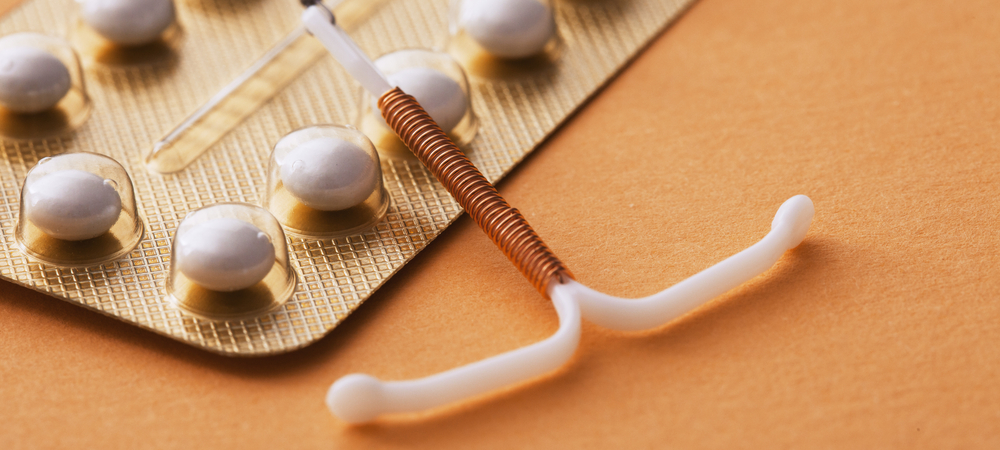
Your three options for emergency contraception
If your birth control method failed or you had unprotected sex, you have options. Emergency contraception can provide backup protection against an unwanted pregnancy. And the sooner you choose emergency contraception after sex, the more likely it is to be effective.
There are three major types of emergency contraceptives - over-the-counter pills, prescription pills, and copper IUDs. Fine out more about each of these options, the benefits and risks, and when you should talk to your OB GYN.
How emergency contraception works
Emergency contraception methods work in one of three ways. They prevent ovulation - meaning your body does not release an egg. They make it difficult for sperm to fertilize an egg. Or they prevent an egg from implanting into the uterus.
That's why it's important to use emergency contraception as soon as possible after unprotected sex before an egg has time to release or implant. While emergency contraception methods are effective, they aren't a 100% guarantee you won't become pregnant.
Also, if you are already pregnant, emergency contraception does not cause pregnancy to end. The American College of Obstetricians and Gynecologists says emergency contraception pills haven't been shown to cause any harm to you or your fetus.
Over-the-counter emergency contraception pill
A pill containing a type of synthetic hormone called levonorgestrel is available over the counter in many pharmacies. These pills are often called "the morning after pill" and are available in both brand names and generic forms. Women of any age can buy these pills off the shelf without a prescription or ID.
Levonorgestrel works best within 72 hours of unprotected sex. If it's been longer, you may need to contact your OB GYN for other options. This type of emergency contraception may not be right for you if you take certain other medications or if you are over 155 pounds.
Over-the-counter pills cause some side effects like changes in your menstrual cycle, digestive symptoms, headaches, and dizziness. The U.S. National Library of Medicine says your period may come up to a week earlier or be later. If you miss your period for over a week, call your OB GYN.
Prescription pills used for emergency contraception
In addition to over-the-counter options, your health provider can also provide prescription options. The side effects of the prescription pills are similar to the over-the-counter pill. Also, like the over-the-counter pill, some medications may cause it to be less effective.
Prescription pills are typically more effective than over-the-counter pills after 72 hours. According to American Family Physician, the prescription emergency contraception pill works up to five days after sex. This type of pill also works better for women who weigh between 155 and 195 pounds.
Copper intrauterine device (IUD)
The most effective form of emergency contraception is a copper IUD. According to Obstetrics and Gynecology International, a review of multiple studies showed a pregnancy rate of less than .1% with the copper IUD.
Copper IUDs are a non-hormonal option for birth control and emergency contraception. The copper works to create changes in the uterus that make it difficult for an egg to be fertilized and implant into the uterus. In general, you can use a copper IUD as a form of emergency contraception within five days after unprotected sex.
If you choose a copper IUD, you may have some side effects like cramping or pain with insertion. Some women also report heavier periods. However, if you aren't planning a pregnancy in the near future, a copper IUD provides effective birth control for several years.
Follow-up after emergency contraception
After emergency contraception, you typically don't need any follow-up care. If you have questions about resuming other birth control methods, your OB GYN can help. Or, if it's been more than a week since you expected your normal period, this could be a sign you are pregnant.
While emergency contraception can reduce the likelihood of pregnancy, it doesn't protect you against STDs. And emergency contraception pills aren't meant to be used on a regular basis.
If you have concerns about your birth control methods or STD prevention, make an appointment with your doctor. An OB GYN can help you reduce the chances of an unwanted pregnancy and protect your sexual health.
